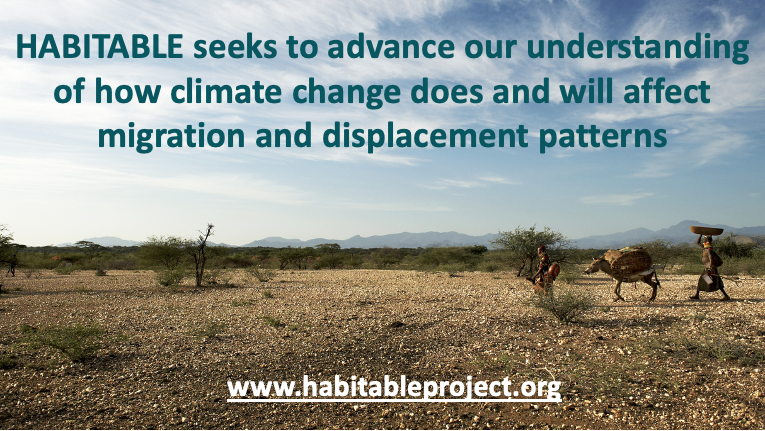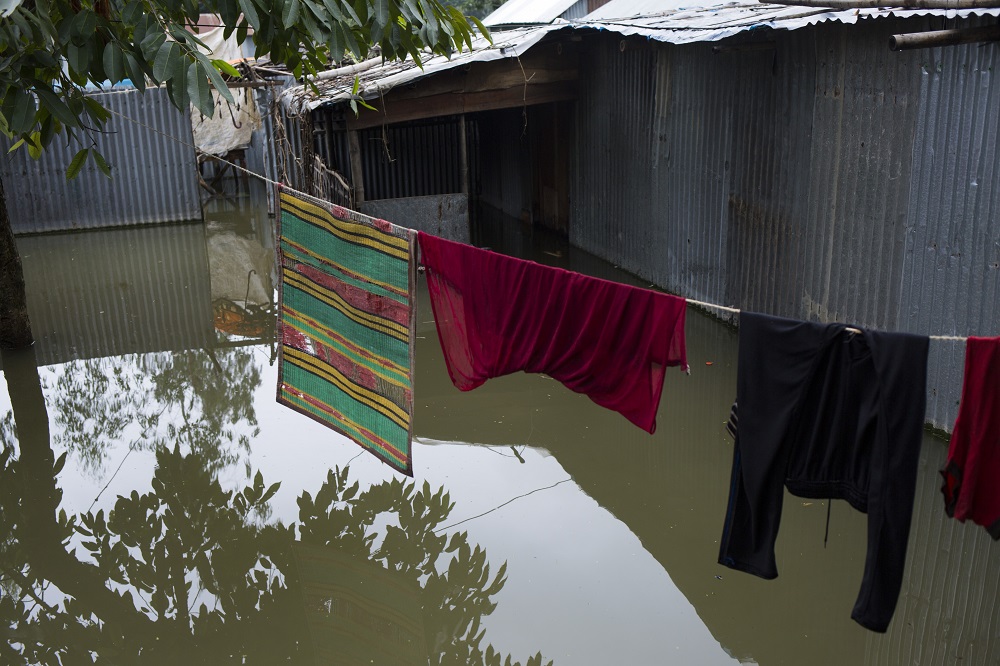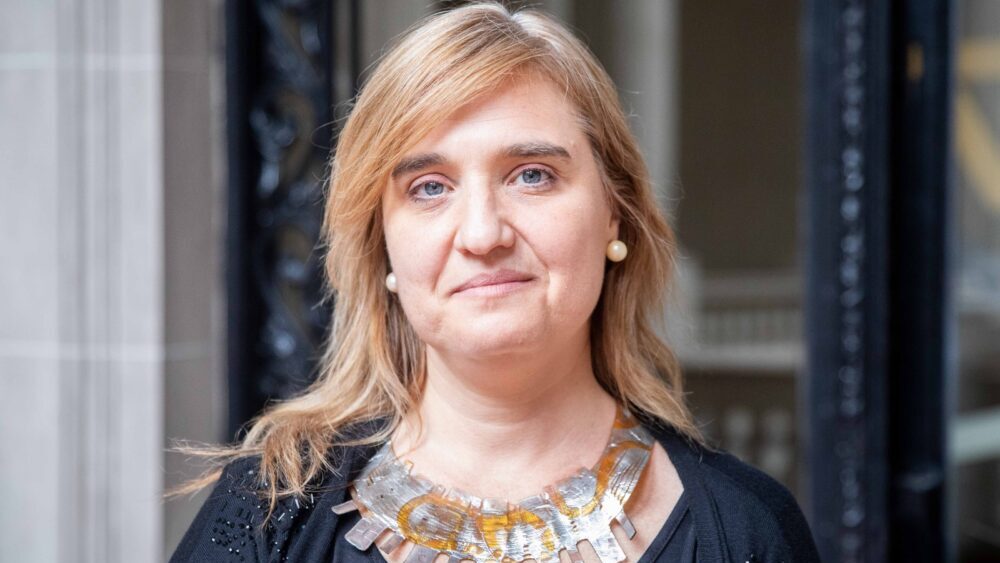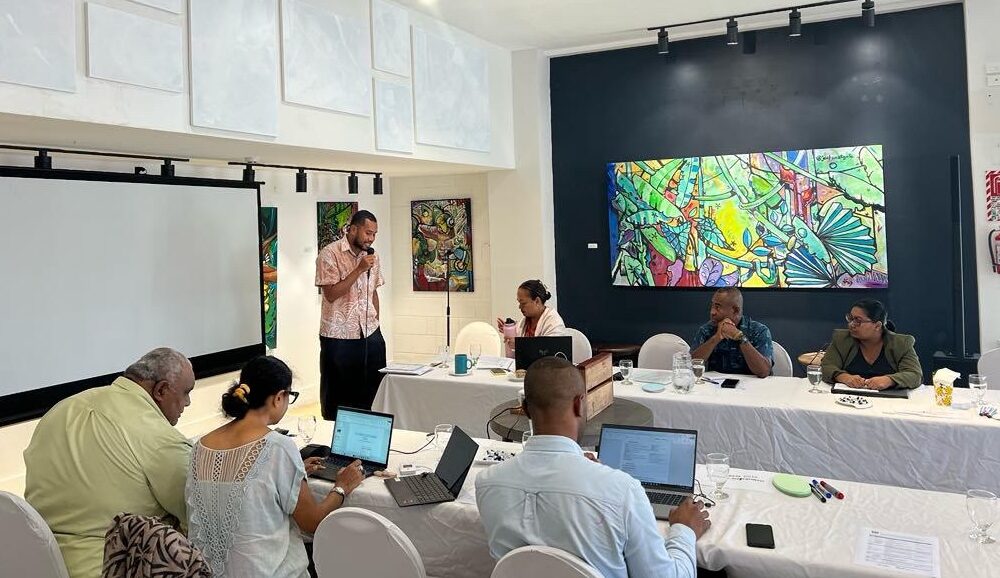“HABITABLE will support the development of effective policy responses by formulating concrete, evidence-informed, and human rights-driven options for practitioners and policy makers”.
The Hugo Observatory (University of Liège, Belgium) will coordinate HABITABLE, a research project on climate change and migration funded by the EC’s Horizon 2020 programme. With a total budget of 6.8 million euros, this project seeks to advance the understanding of how climate change does and will affect migration and displacement patterns. It is centered around the notion of habitability and will introduce the concept of social tipping points as a way to analyze how environmental disruptions can potentially trigger major social changes. HABITABLE will be implemented by a diverse consortium associating 20 partners from different disciplines. Dr. Caroline Zickgraf, Deputy Director of the Hugo Observatory: Environment, Migration, Politics exchanged with the PDD Secretariat about the project’s ambitions.
PDD Secretariat: Since the HABITABLE project uses the novel perspective of social tipping points and habitability to explore the links between climate change, environmental degradation and migration, what new insights can we hope to achieve by using this approach?
 Dr. Caroline Zickgraf: People often assume that the scale of climate impacts corresponds with the scale of social transformation, and that reaching a climate tipping point will trigger mass migration or displacement. But climate and social tipping points aren’t the same thing. In fact, a given community might reach a social tipping point – causing people to move – well before reaching a climate tipping point.
Dr. Caroline Zickgraf: People often assume that the scale of climate impacts corresponds with the scale of social transformation, and that reaching a climate tipping point will trigger mass migration or displacement. But climate and social tipping points aren’t the same thing. In fact, a given community might reach a social tipping point – causing people to move – well before reaching a climate tipping point.
Identifying social tipping points here is really about locating thresholds at which places move from inhabitable to uninhabitable. Whether a place is inhabitable or not isn’t just a matter of its physical state. There are so many other factors that play into the habitability of a given area, which is supported by the many empirical studies that emphasize the multi-causality of human mobility. So, what we’re doing in the HABITABLE project is recognizing that habitability is a social determination as well as a physical one.
Because habitability is subjective, our project also dedicates a significant amount of work to the perceptions of people affected – those that move and those that do not. How are they perceiving and experiencing changes to their environments, livelihoods, wellbeing, etc.? Where does migration fall as a possible adaptation strategy amongst others? How do they perceive the links between climate change, their own wellbeing, and migration and displacement? What does habitability mean to them? These are just some of the questions we’re asking that we think will bring new insights.
PDD Secretariat: What do you expect the project partners, especially universities and affected communities from different parts of the world, to bring to the table?
Dr. Caroline Zickgraf: HABITABLE gathers over 20 of the best universities and organizations in the fields of climate change and migration from Europe, Africa, and Asia. Each partner brings with them a specific thematic, methodological, and empirical expertise, including innovative modelling techniques and in-depth qualitative methods, and a unique perspective on the climate-mobility nexus. In particular, HABITABLE really couldn’t succeed without the intimate knowledge of on-the-ground realities and decades of research experience coming from our partners in Mali, Ghana, Ethiopia, South Africa, Thailand, and other affected countries. By gathering so many institutions together, we seek to understand local contexts but also to create comparable data and offer more global insights into how climate change influences migration and displacement – and vice versa.
 PDD Secretariat: Is there an ambition for the project to contribute to effective policy responses, and if so, how do you plan to go about it?
PDD Secretariat: Is there an ambition for the project to contribute to effective policy responses, and if so, how do you plan to go about it?
Dr. Caroline Zickgraf: Absolutely. Policy isn’t external to what’s happening: it plays a big part in shaping human mobility patterns and outcomes. HABITABLE will support the development of effective policy responses by formulating concrete, evidence-informed, and human rights-driven options for practitioners and policy makers, including for instrumental organizations like PDD. We want our research to be directly appropriated by policymakers, which is also why our migration scenarios and policy recommendations will be co-produced with key stakeholders, not just handed over to them at the end of the project. But it’s also about practice. That’s why, through a participatory process, some of the adaptation solutions and policy options identified will be tested with local communities and practitioners. One goal is to produce aid-to-decision tools, which we plan to co-construct with fishermen in Dakar, but we hope will be transferable to other coastal fishing regions of the world. In the end, HABITABLE is about moving science forward but also about moving policy forward.
HABITABLE Linking Climate Change, Habitability and Social Tipping Points: Scenarios for Climate Migration is funded by the EC’s Horizon 2020 programme, Grant Agreement Number: 869395.
Photo 1: © IFRC Ajghani – Bangladesh, Sirajganj, Aug 2020. Severe floods struck Bangladesh during the last week of June 2020, which prolonged and intensified sufferings of 5.4 million people in the northern, central and north-eastern part of the country. It is considered to be one of the longest floods in the last few decades, affecting 33 districts out of 64 districts of the country.
Photo 2: © Caroline Zickgraf’s Twitter account.
Photo 3: © Hugo Observatory
Useful Links
Read more about the Hugo Observatory
Read more about the HABITABLE project





